Now Playing
Current DJ: Joanna Bz
Tuff Sudz Wired Together from Tough Suds (Tough Soundz) Add to Collection
Requests? 773-DJ-SONGS or .(JavaScript must be enabled to view this email address)
 by Paul LaScolea
by Paul LaScolea
Kaseem Ryan, known as Ka (AKA Brownsville Ka), passed away unexpectedly on October 12 at the age of 52. His passing came just weeks after releasing what would become his eleventh and final album, The Thief Next to Jesus.
Born in 1972, Ryan grew up in the neighborhood of Brownsville, Brooklyn, living a life of sheer survival that many Brownsville natives are forced to endure, often unable to escape the cycle of violence, drugs, prison, and death that the American governmental system has deliberately created for Black communities.
His bedroom was filled with notebooks to catch his near-constant overflow of thoughts in the form of rhymes and poetry. After years of "Struggle and pain," as he put it, Ryan tried his hand at music, joining the mid-90s hip-hop group Natural Elements. Not feeling his rap skills were on the same level of the group, he retreated, dropped a few singles, and ultimately quit music altogether, settling down with a steady job: a firefighter for the New York Fire Department (FDNY).
Although he had risen through the ranks to become a captain with the FDNY (including a hellish experience as a 9/11 first-responder), his reflections of the Faustian bargain of survival in Brownsville never stopped pouring out of him, into those notebooks. After receiving persistent encouragement from those close to him—including his wife Mimi— he finally released a debut album, Iron Works, in 2008. Four years and one GZA feature later, he released 2012’s Grief Pedigree, kicking off one of the most lyrically dense, brutally honest and uncompromising streaks of art ever heard in popular music.
Ka leaves behind something rare: an unsurpassed run; a nearly flawless discography and legacy. It helps that he was completely unwavering in his DIY approach and execution. He never gave in to the wishes of a label or a marketing team. He was still selling and mailing out orders of his music down to the last few weeks of his life. He never took his feet off the ground. Sure, this is a man who said, “I need money,” as a chorus on 2016’s “$,” yet immediately followed it up with, “Not for trivial material, just to fix our flaws, the whole cause is ethereal.”
Ka didn’t change the game. His music didn’t transform or define the culture. He didn’t pop a wheelie on the zeitgeist. He didn’t ink a fashion brand deal. He never aimed to. He didn’t desperately preach or attempt to convince anyone to bow down to his words. He knew the truth, and was generous enough to bestow it upon us, with unflinching honesty.
To accomplish that, he never had to resort to graphically over-the-top tales of murder, or loud, showy vocal cadences a la the late Earl Simmons (aka DMX), to capture the listener’s attention. [ NOTE: DMX is this writer’s favorite rap artist of all-time. Thus, this is not shade thrown onto DMX, but simply an attempt to illustrate how artists on the opposite ends of the spectrum can still provide the listener with an important visceral response.] Ka’s measured, quasi-spoken style was rooted in the vein of the late Guru of Gang Starr, GZA, and even Illmatic-era Nas, before the outbursts of opulence.
Although most of Ka's music was purposely absent of drums—so the sound wouldn't distract from his voice, according to him—the minimalist, deconstructed samples loop the listener into a hypnotic state, allowing for intense focus on lyrics delivered via a measured, 240-grit sandpaper voice. He let his words be the epicenter of every song, only permitting the track's length to match that of the lyrics. When he was done getting his point across, he stopped speaking, and the song was over. Ka's lyrics were pure poetry, layered in head-spinning double entrendres or just plain, brutal brilliance. For example:
Cops got us under microscopes to make sure we see cells
Know my first vitamin was iron, but I just wanted to beat 12
Didn't dwell by the sea shore, but was sure to see shellsTo protect the clique, it's best to omit details
Not board games to get money, pursuit wasn't at all trivial
(“I Notice,” A Martyr’s Reward)
Took a vow to protect and serve,
All you do is disrespect and murder.
I ask that you not hurt my kids;
This is where you work...this is where I live.
(“Mr. Officer,” Iron Works)
I play chess, but my past is checkered,
The mic and I are like staff and shepherd.
(“Peace Akhi,” The Night’s Gambit)
Ka's delivery is purposely understated, offered without a hint of artifice that leaves the listener shaking their head in double-take amazement. His wit was not humorous—it was deadly serious, actually—but clever enough to leave one smirking out of befuddled respect and dismay.
Have you ever looked at one of those statues of the great, ancient philosophers such as Aristotle, Socrates or Euripides? Kaseem Ryan was a three-thousand year-old statue of a great philosopher, incarnate. He came to life, busted out of the stone and spit wisdom from on high to anyone who would listen. He did not pander; he let the people come to him. Steadily, he was surrounded by followers, listening in hushed reverence, hanging onto every word—every painful truth—leaving completely changed, and better off for it. No one wrote like him, and no one could. We’ll wait another thousand years until someone does.
I can say without an ounce of exaggeration that poring through Ka’s lyrics to select passages that either moved me, or blew my mind the most, was as difficult as selecting the most significant Bob Dylan lyrics. Listen to the man’s work before you roll your eyes, dear CHIRP reader. Ka’s voice goes down easier than Bob’s, so you really don’t have an excuse.
Kaseem Ryan left us in October, but the soothsayer known as Ka remains in his original form: ensconced in stone, his followers listening in reverence, transformed. His wisdom was as old as time, as important and deep as the great teachers throughout history. He was always there, and thanks to the amount of knowledge he left behind, he'll always be there, appreciated by future generations seeking truth. We’ve never seen such devotion. Rest in peace, Kaseem Ryan.
For them to appreciate my verse
I’m the type that gotta die first
We ain’t know what we seen at home was nothing outside worse
That’s why I don’t like performing these songs
‘Cause every line hurts
“We Hurting” (Woeful Studies)
Here are my essential picks from Ka's catalog, spanning 2012 - 2024:
 Many consider this Ka’s proper introduction, as it unofficially kicked off his run of his increasingly singular, calcified sound. Although Grief Pedigree was also Ka’s final attempt to flirt with something akin to a more traditional drum and beat-based sound, his message was already formed. On “Decisions,” you can hear him grappling with how to move forward with his music, among other important self-inquiries:
Many consider this Ka’s proper introduction, as it unofficially kicked off his run of his increasingly singular, calcified sound. Although Grief Pedigree was also Ka’s final attempt to flirt with something akin to a more traditional drum and beat-based sound, his message was already formed. On “Decisions,” you can hear him grappling with how to move forward with his music, among other important self-inquiries:
Stay sober or sip it up
Keep that rhyme or rip it up? (Is that good?)
Be a good n***a or risk the cuffs?
Constantly doubt or consistent trust?
Run through the hoes or settle down?
Conform to what's on, or keep my ghetto sound?
Hustle here or pick a better town?
Keep it on safety, or let it pound?
While I can’t provide an answer to many of these questions, after this album, Ka did away with most of the drums, trusted his voice, and never conformed.
Recommended track: "Decisions"
Further listening: "Cold Facts," "Collage"
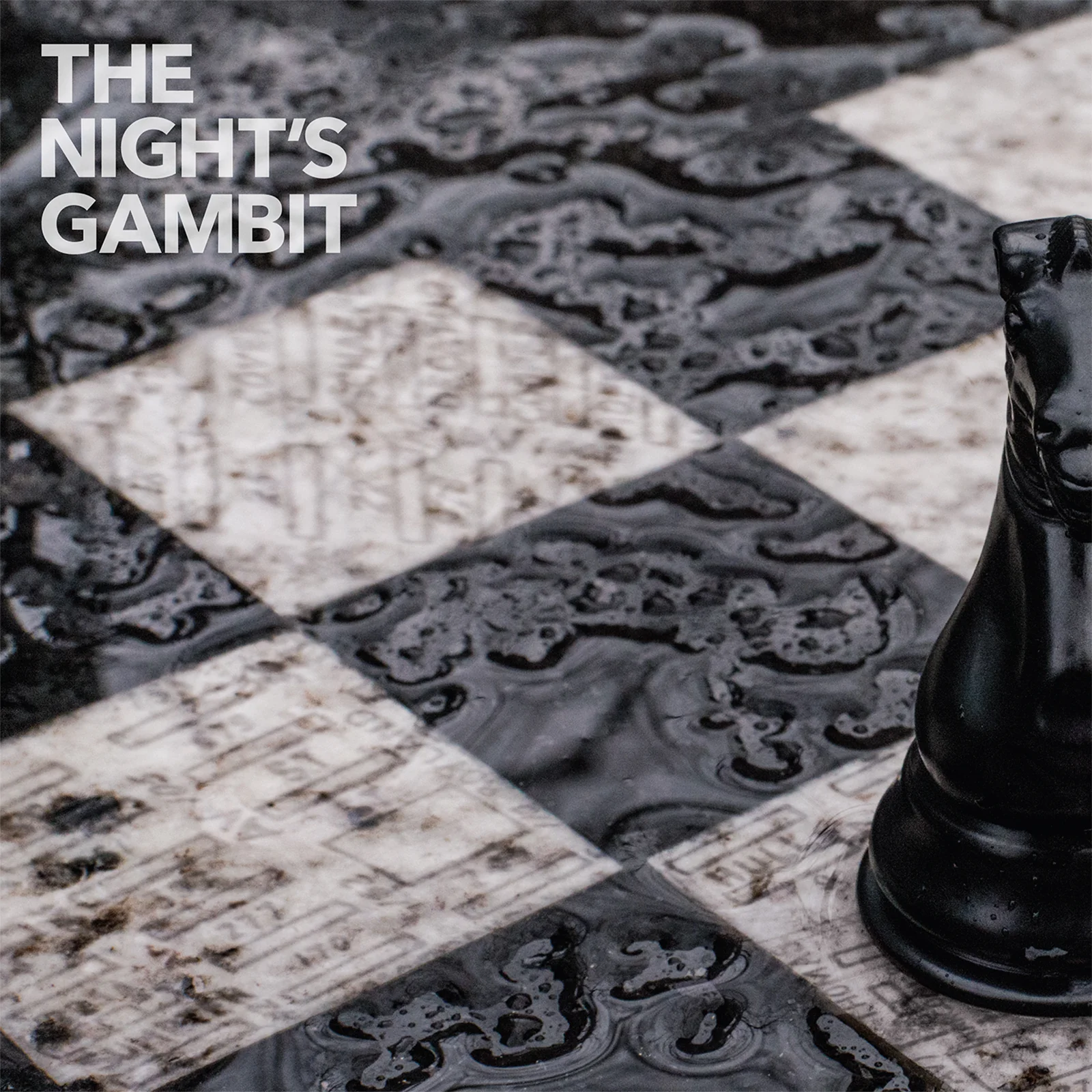 A vital snippet of dialogue opens The Night’s Gambit, the album that started the golden age of Ka: “Your skills are now at the point of spiritual insight.” He was right. Any semblance to a typical drum/beat pattern was almost completely stripped away. What remained was his molten-rock voice commanding dark, clattering soundscapes, as stark as a film noir. However, under all the crackling and cynical (see: lived-in) wordplay, he was philosophically wide-eyed and hopeful as a Terrance Malick film. He was in full control now. He knew what he was about and the tone he wanted to convey.
A vital snippet of dialogue opens The Night’s Gambit, the album that started the golden age of Ka: “Your skills are now at the point of spiritual insight.” He was right. Any semblance to a typical drum/beat pattern was almost completely stripped away. What remained was his molten-rock voice commanding dark, clattering soundscapes, as stark as a film noir. However, under all the crackling and cynical (see: lived-in) wordplay, he was philosophically wide-eyed and hopeful as a Terrance Malick film. He was in full control now. He knew what he was about and the tone he wanted to convey.
Recommended track: "You Know It's About"
Further listening: "Peace Akhi," "30 Pieces of Silver," "Off the Record"
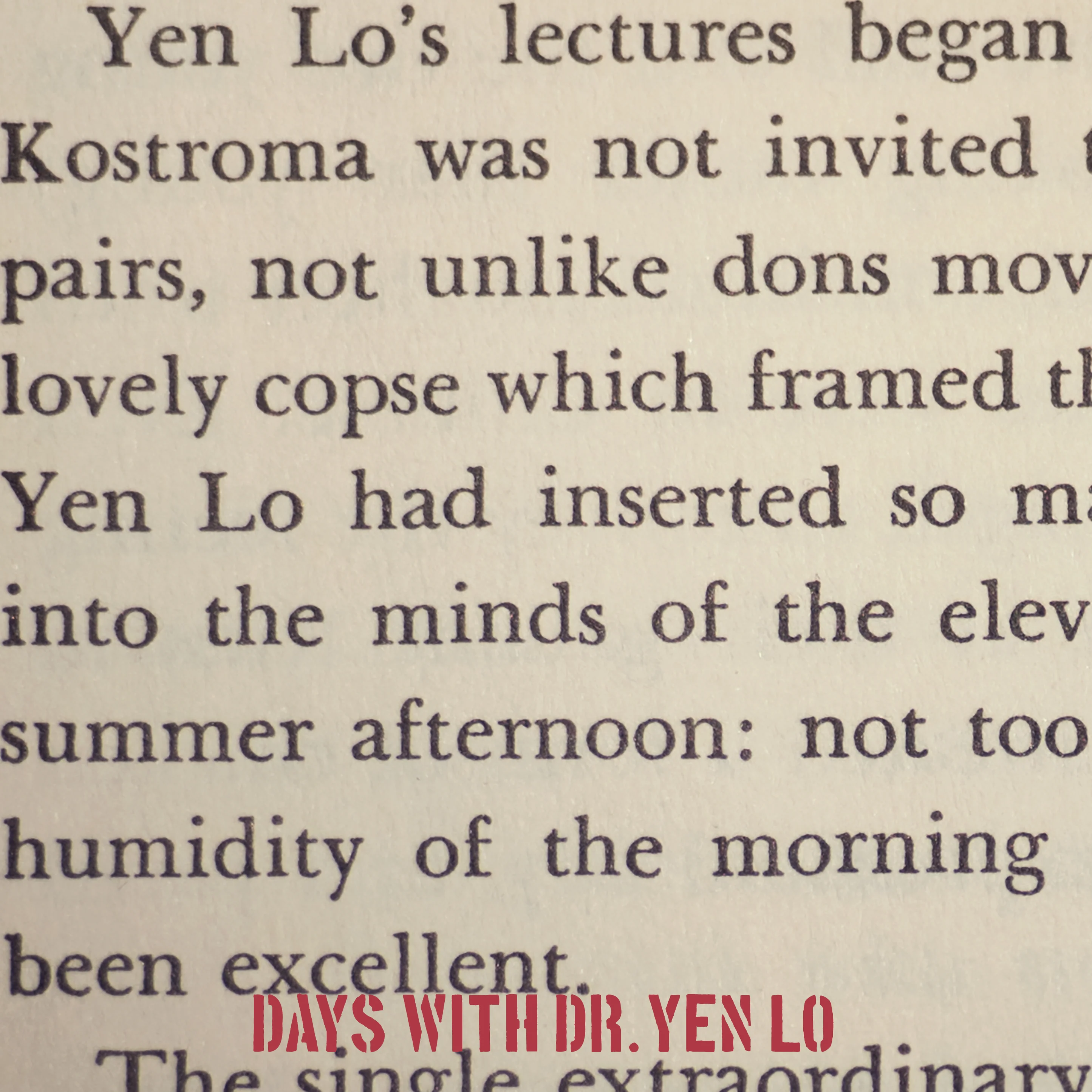 A collaborative album with producer Preservation (who has since gone on to collaborate with the likes of the great billy woods) taking inspiration from the classic 1962 paranoid Cold War thriller film The Manchurian Candidate, starring Frank Sinatra. Each track builds into a circular monument of discomfort and fear, hitting the themes Ka was swiftly becoming an authority on.
A collaborative album with producer Preservation (who has since gone on to collaborate with the likes of the great billy woods) taking inspiration from the classic 1962 paranoid Cold War thriller film The Manchurian Candidate, starring Frank Sinatra. Each track builds into a circular monument of discomfort and fear, hitting the themes Ka was swiftly becoming an authority on.
Recommended track: "Day 3"
Further listening: "Day 0," "Day 110," "Day 81"
 This two-song release equates to one of the only times Ka seemed to dissolve into pure despair, with a somber, looping piano to match the tone of inevitability. Where other, lesser, artists would rap the below lines with braggadocio, Ka’s narrator is too despondent to lie (chorus: “I don’t wanna do it, gotta do it”):
This two-song release equates to one of the only times Ka seemed to dissolve into pure despair, with a somber, looping piano to match the tone of inevitability. Where other, lesser, artists would rap the below lines with braggadocio, Ka’s narrator is too despondent to lie (chorus: “I don’t wanna do it, gotta do it”):
Used to chip it at the lab
Bag, to flip it on the ave
Every trip I'm like, "This one is the last"
Two weeks later, I'm dippin' in my stash
Back to the krill again, feelin' thin
If you doing it to eat, is it still a sin?
Used to feel bad, but then in short time was like,
"F**k your family, someone got rich off mine."
Recommended track: "30 Keys"
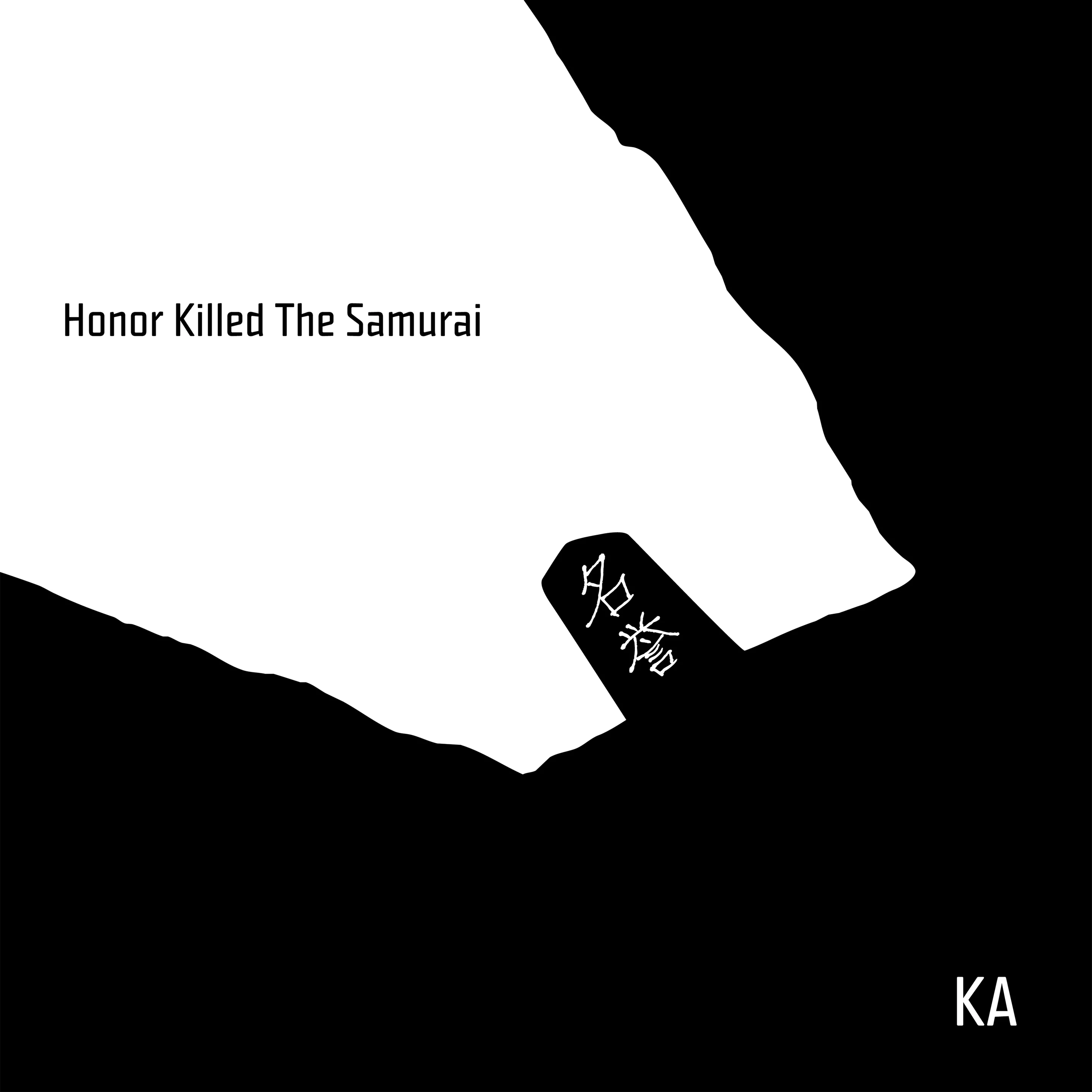 After a clanging, dark banger to open the album (“Conflicted”), “Just” utilizes a peculiar arpeggiated analog-organ line that needles in and out of his voice. The thread of pain is evident, whereas the concept of “just” is meant for others; just not Black Americans, especially from Brownsville, Brooklyn:
After a clanging, dark banger to open the album (“Conflicted”), “Just” utilizes a peculiar arpeggiated analog-organ line that needles in and out of his voice. The thread of pain is evident, whereas the concept of “just” is meant for others; just not Black Americans, especially from Brownsville, Brooklyn:
Unfold my destiny
There's no one less than me
Behold my labor
There's no one greater
I plea to treat all just
To get what we need, we did what we must
Trying to find a reason, I'm still alive breathin'
I wanna heal my inner child, it's been a while grievin'
Ones dropped from cocked semis and clapped with the fours
Can't remember none of my members gone from natural cause
Recommended track: "Just"
Further listening: "Conflicted," "Mourn at Night," "Ours"
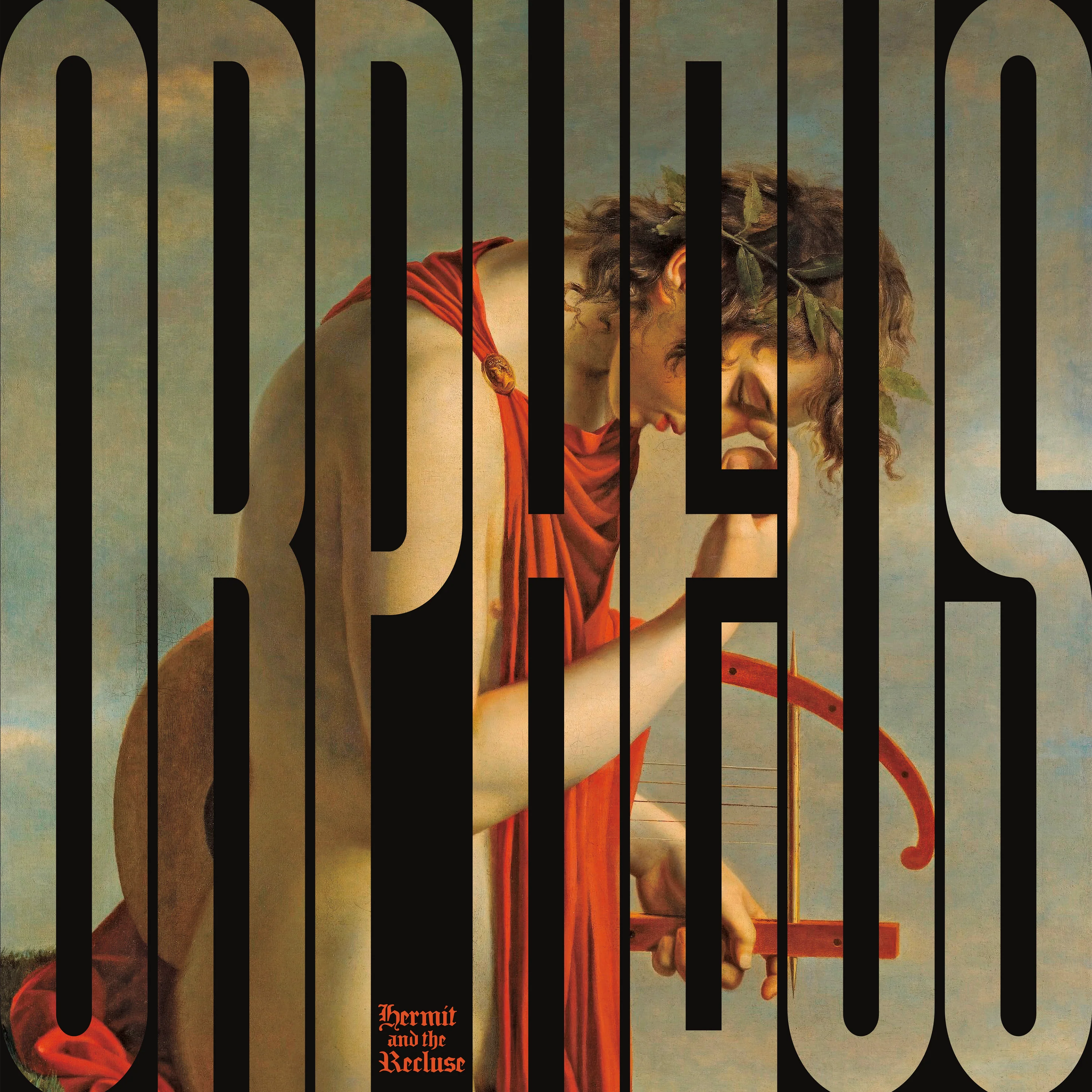 This collaborative album between Ka and the L.A.-based producer Animoss is filled with typically philosophical underpinnings, but fused with the characters and stories of Greek mythology. Animoss fills the sound out with atypical (for a Ka album) velvet guitars, strings and much more. On “Golden Fleece,” Ka preaches directly, laying out his beliefs; no puns or double meanings necessary:
This collaborative album between Ka and the L.A.-based producer Animoss is filled with typically philosophical underpinnings, but fused with the characters and stories of Greek mythology. Animoss fills the sound out with atypical (for a Ka album) velvet guitars, strings and much more. On “Golden Fleece,” Ka preaches directly, laying out his beliefs; no puns or double meanings necessary:
I want compassion from the highest
Food for the lowest
Cures for the afflicted
Roofs for the homeless
Direction for the misled
Heat for the coldest
Love for the lonely
Peace for the soldiers
Recommended track: "Golden Fleece"
Further listening: "Sirens," "Hades"
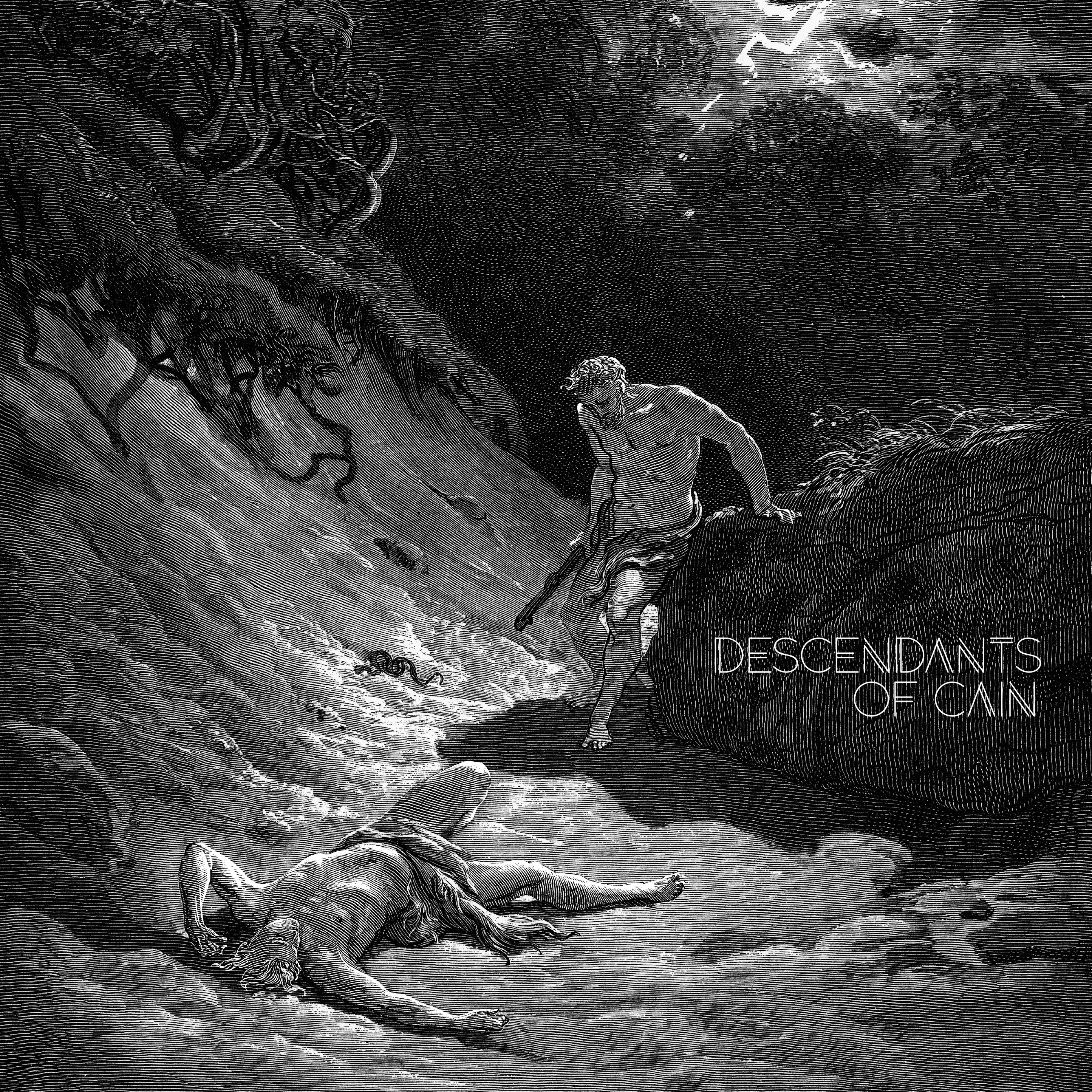 Ka’s most harrowing and straight-up eerie album (see: the sawing mechanical wah-wah sounds of “Pray”) is stripped down into a void of haunted music and even more haunted memories. Even so, the album ends on a beautiful and heartfelt moment of levity. “I Love (Mimi, Moms, Kev)” is a simple, but poignant dedication to his wife, his mom and a deceased close friend:
Ka’s most harrowing and straight-up eerie album (see: the sawing mechanical wah-wah sounds of “Pray”) is stripped down into a void of haunted music and even more haunted memories. Even so, the album ends on a beautiful and heartfelt moment of levity. “I Love (Mimi, Moms, Kev)” is a simple, but poignant dedication to his wife, his mom and a deceased close friend:
From viewin' what you went through, I learned grace under fire
Sayin' you proud of me, the sweetest words ever
Purest soul I know, moms, you deserve better
Whatever ailments, you nursed me back to health
Defend me even when the enemy's in fact myself
Showed me love when all I seen was hate
Said I was special, to impress you, wanted to be seen as great
This my kiss and thank you for the unconditional
Recommended track: "I Love (Mimi, Moms, Kev)"
Further listening: "Unto the Dust," "Patron Saints," "Sins of the Father"
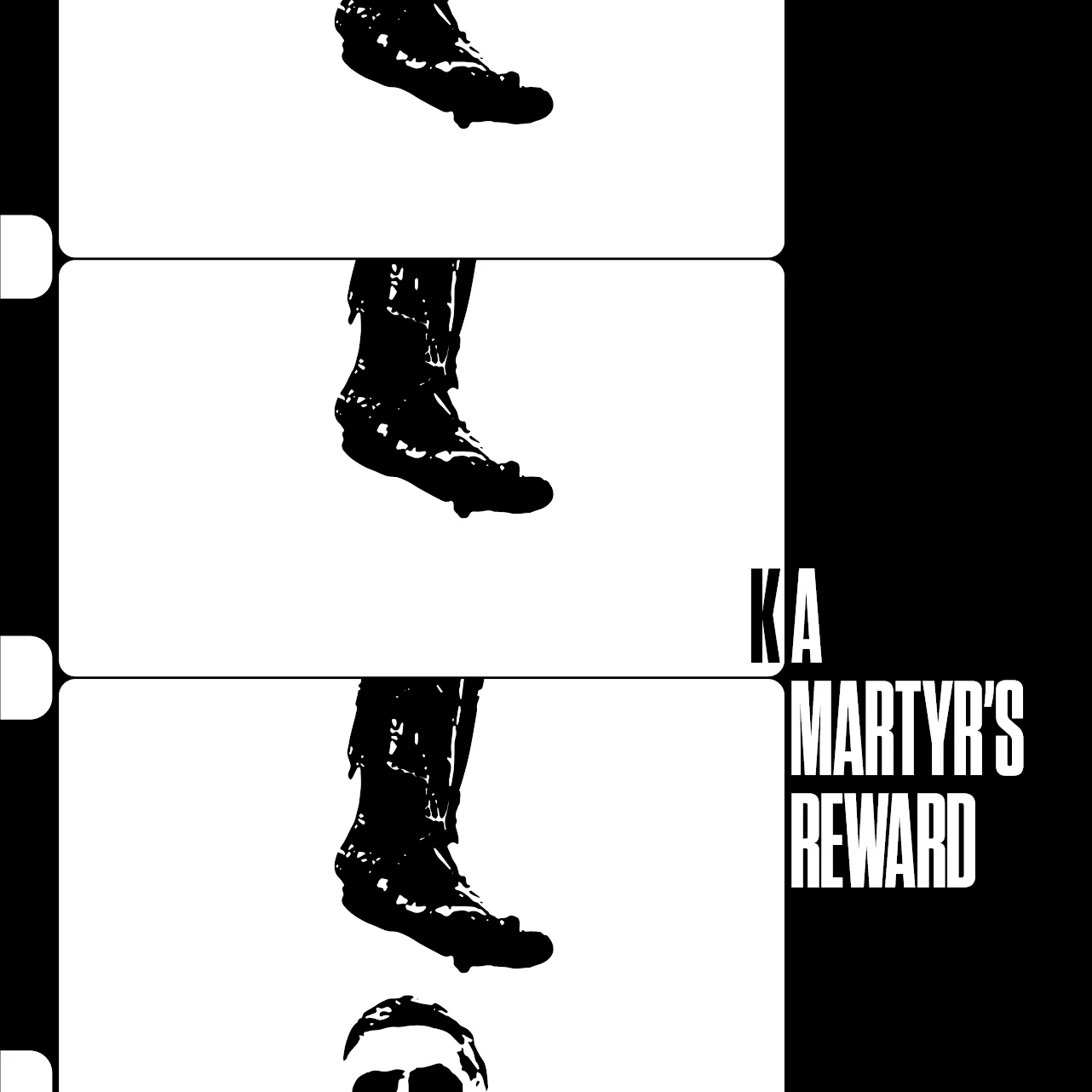 To me, this is Ka reaching the absolute peak of what he was striving for: rich, textured and unrelenting sounds, juxtaposed with experiential wisdom in the form of painful and beautiful poetry. On the piano-led highlight “I Need All That,” you can almost hear Ka’s voice breaking on the chorus, centuries of pain rising to the top of his throat, nearly boiling over. Of course, he keeps his cool. Reading his words, it’s difficult to see how:
To me, this is Ka reaching the absolute peak of what he was striving for: rich, textured and unrelenting sounds, juxtaposed with experiential wisdom in the form of painful and beautiful poetry. On the piano-led highlight “I Need All That,” you can almost hear Ka’s voice breaking on the chorus, centuries of pain rising to the top of his throat, nearly boiling over. Of course, he keeps his cool. Reading his words, it’s difficult to see how:
I want back everything they took
My culture, my music, my look
They rook how we greet, how we speak, how we cook
I want back everything they stole
My braids, my waves, my gold
My chance, my dance, my stance, my soul
I want back everything they claimed
My glory, my story, my reign
My divas, my Jesus, my credence, my name
I want back everything they scammed
My rights, my spice, my land
My hide, my pride, my tribe, my fam
I can't fall back, I need all that
Ka’s production on A Martyr’s Reward is also the broadest tapestry of soundscapes in his entire catalog. For the first time, he doesn’t stick to one mode for an album, instead jumping across experiments…and they all work. On “Enough Praise/Recovering,” a pinging submarine-radar guitar gives way to John Carpenter-esque brooding synth, leading to a mind-bending psychedelic breakthrough, after years of bordering the genre. The snakecharmer woodwinds (or strings?) of “Subtle” challenge Ka to watch his back, goading him to keep up or be overtaken by darkness. “I Notice” is slathered in old-school spy-film organ, but the biggest surprise is saved for the closer “Having Nothin.” It’s an emotional song, waltzing around triumphant classical music crescendos, as he declares, “Having nothin’ gave me everything; having nothin’ gave me everything I need.” A Martyr’s Reward lets some light inside the cave, and as a result, is Ka’s masterpiece.
Recommended track: "I Need All That"
Further listening: "Everybody Up," "I Notice," "Subtle," "Enough Praise/Recovering," "Having Nothin'"
 These two companion albums, released on the same day in 2022, address the failure of the American education system within impoverished communities. The collection is a bit of an outlier in Ka’s catalog: production can be nearly-naked—one song just a flute loop, the next an acoustic guitar loop—with touches of neo-soul and Ennio Morricone, but sometimes lacking the murky depth to match Ka’s voice. However, when the songs hit, they hit just as hard as any. For example, check the MF Doom via Ghostface Killah psychedelic guitar stream of “Touche,” or the horror-film piano trills of “Counted Out.” Proof that he hadn’t lost his way around a metaphor lies in “Full Cobra”:
These two companion albums, released on the same day in 2022, address the failure of the American education system within impoverished communities. The collection is a bit of an outlier in Ka’s catalog: production can be nearly-naked—one song just a flute loop, the next an acoustic guitar loop—with touches of neo-soul and Ennio Morricone, but sometimes lacking the murky depth to match Ka’s voice. However, when the songs hit, they hit just as hard as any. For example, check the MF Doom via Ghostface Killah psychedelic guitar stream of “Touche,” or the horror-film piano trills of “Counted Out.” Proof that he hadn’t lost his way around a metaphor lies in “Full Cobra”:
I speak some triumphs, some mistakes
From a place where they hug the snub, 'cause none embrace
Carrying a lot of winter baggage will catch a summer case
Want yams to cook, can't be shook and cure the hunger shakes
Thought we gained selling 'caine, all we did was run in place
Just treat us fairly if any who hear me jakes
Got the hood on my back, full cobra
Recommended track: "Full Cobra"
Further listening: "Ascension," "We Innocent," "Counted Out," "Touche"
 Ka’s final album dug into a catacomb and lit a torch on a new subject for him: the manipulative and predatory grip of the church on Black Americans. Compared to his previous work, the production—helmed completely by Ka—could be described as the most claustrophobic and lo-fi of his career, but the bright gospel sounds of organ, guitar and exorcized yelps are so familiar (and periodically joyous) that it welcomes in the non-believers. The Thief Next to Jesus was just released in late-August, so, time—not God or the church—will ultimately judge its merit. The unifying concept, in holy matrimony with the timeless, celestial sound (and lyrics that spit true holy fire) provide the congregation with faith that Ka left us with a singular masterpiece; one last chance to hear his gospel before ascension. The one-line chorus of “Collection Plate” takes down Goliath with the simplicity of a single stone:
Ka’s final album dug into a catacomb and lit a torch on a new subject for him: the manipulative and predatory grip of the church on Black Americans. Compared to his previous work, the production—helmed completely by Ka—could be described as the most claustrophobic and lo-fi of his career, but the bright gospel sounds of organ, guitar and exorcized yelps are so familiar (and periodically joyous) that it welcomes in the non-believers. The Thief Next to Jesus was just released in late-August, so, time—not God or the church—will ultimately judge its merit. The unifying concept, in holy matrimony with the timeless, celestial sound (and lyrics that spit true holy fire) provide the congregation with faith that Ka left us with a singular masterpiece; one last chance to hear his gospel before ascension. The one-line chorus of “Collection Plate” takes down Goliath with the simplicity of a single stone:
Schemes of cooking up bread had us busy holding toast
By and large, knew I'd catch a charge before the holy ghost
Came street wise where the heat rise, you know the coastMy brother swore to tug-of-war, I was shown the ropes
If I knew, I'd have been in the pew, writing legit
Fuel could've really used that lil' bite-and-a-sip
If really wanted to bless me, would've left me that collection plate
Recommended track: "Collection Plate"
Further listening: "Tested Testimony," "God Undefeated," "Such Devotion," "Broken Rose Window," "Cross You Bear"
Next entry: CHIRP Radio Q&A With This House Is Creaking (Performing at CHIRP Night at the Whistler on 11/24)
Previous entry: CHIRP Radio Weekly Voyages (Nov 18 - Nov 24)